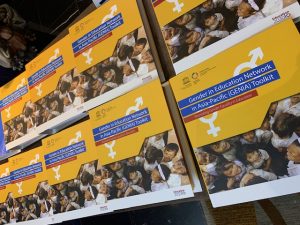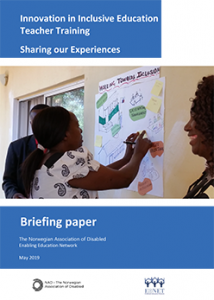Application deadline: 15 October 2019.
Read the full Terms of Reference (Word document).
This EU-funded project has been piloting inclusive education for children with disabilities in rural areas of Gedarif State (Guraisha, Gallabat, and Gala’a Nahal localities). The overall objective is to improve access for disabled children to quality inclusive basic education. The action aims to build disabled people’s organizations’ (DPOs) capacity to raise community awareness of the rights of disabled children to an education. The aim is that DPOs will improve the understanding of families, the public, teachers and students, to mobilize out of school children to enrol in 12 selected model schools, and to advocate to government for improved provision for inclusive education at state and national level.
The consultant(s) will collect and analyse data and evidence relating to impact, effectiveness, relevance, efficiency and sustainability. For each of these areas the consultant(s) will identify key learning points and provide recommendations to help the replicability of project results and future program design, monitoring and evaluation.
Read the full Terms of Reference for details of the assignment, person specification and how to apply.


